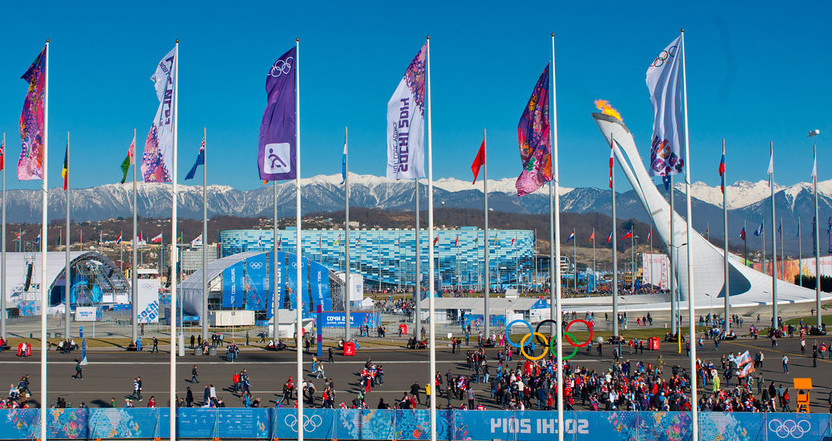The Sochi Games have closed, and I am sure many citizens of Russia are wondering: was it worth it? The Olympics are expensive and disruptive to the host country. However, they are exceedingly popular with voters and bring a great sense of pride. They can also have huge symbolic power. The 1992 Barcelona games, for example, symbolized how Spain went from a dictatorship to an Olympics-hosting democracy in just 17 years.
So, many debate whether the or not the Olympics were worth it.
One piece of this debate played out last year in Atlanta. The Braves are leaving Turner Field, the stadium from the 1996 Olympics, for the suburbs. The Braves leaving the city limits represents a blow to downtown Atlanta. Rembert Browne, Atlanta native and ESPN writer, wrote a beautiful piece about this on ESPN’s Grantland website. Do go read it. However, the Braves moving does give one a sense of the working life of a stadium in America these days: 17 years. Turner Field was built brand-new for the 1996 Olympics, and current plans are to demolish it after the new stadium is built.
Occurrences such as this are why a publication like The Economist, an outlet as British as can be, refused to endorse the Olympics coming to London. They said to let Paris handle the hassle. They estimated the Beijing Games cost $40 billion, in addition to the disruption of daily life in Beijing. Many of the detractors of the Olympics also point to Greece, which hosted the 2004 Olympics. Most of the facilities created for that event are no longer even used. They say the event was a one-time shot for the country, not something that generated sustained tourism or international interest.
Some cities even offer a sort of counteroffer to the Olympics. New York put out a marketing campaign in 2012 around “skip the Olympics, come to New York,” trying to lure some international tourists away from the expensive Olympic crowds.
For a test of how much development happens due to a major event, we can look to Brazil. This year, Brazil will host the World Cup, followed by hosting the 2016 Olympics. If, at the end of 2016, things are looking up in Rio, proponents of the Olympics will say the games provided a major boost to the city.
We shall see, at the end of 2016, how those two major events affected Rio. There is widespread agreement that hosting many smaller events provides great economic growth. Keeping hotels full and restaurants busy truly helps a city. That is why nearly every city has a convention and visitors bureau. From what I have heard, most Londoners think the 2012 Olympics were a great success and are very proud of hosting the games. I wish I could go ask the citizens of Sochi what they think. In Rio, people are already protesting the World Cup and Olympics as wasteful spending. The debate continues.
If you would like to watch two economists debate the merits of hosting the Olympics, click here.
If you would like to read The Atlantic Cities’ Stephanie Garlock’s great analysis of the Braves Stadium moving, click here. She is one of The Atlantic‘s Urban Wonks. #dreamjob
